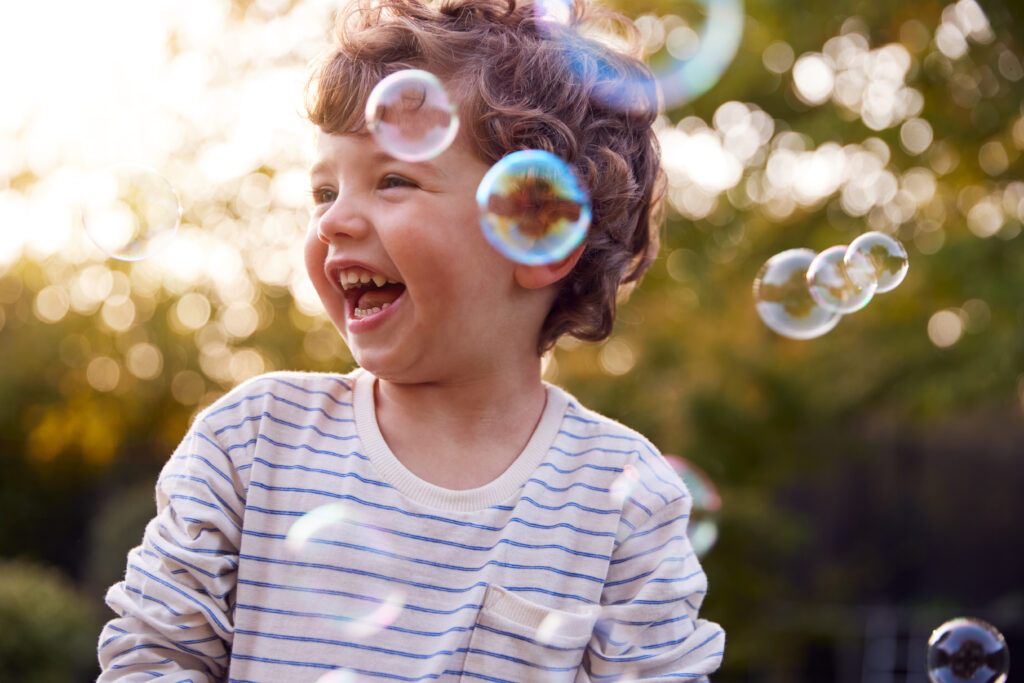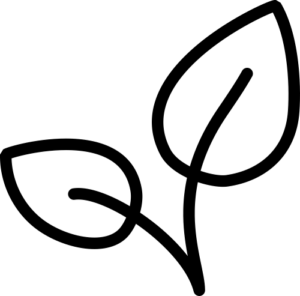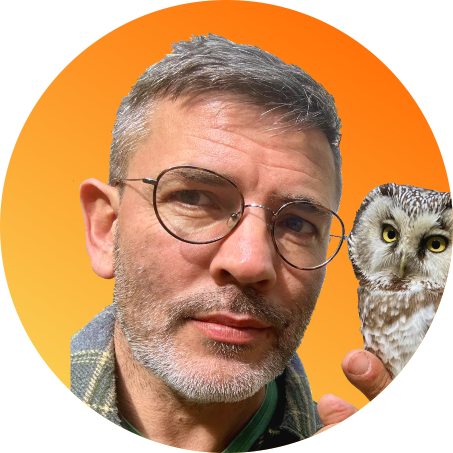Admission 
Thank you for your interest in Eureka School. If you would like to join our community, please fill out the application form. Our administration staff will contact you shortly.

We invite you to get acquainted!
To receive an individual presentation where you’ll get acquainted with the school environment, educational philosophy and teachers, please register for a meeting. Upon receiving your contact details, the school management team will get in touch with you.
Early childhood education classes for children aged 1.5 – 5 years can be found in these Eureka branches
Valakampiai
Vaidilutės str. 71, Vilnius
Naujamiestis
Vytenio str. 4, Vilnius
Žvėrynas
Ukmergės str. 126, Vilnius
Šnipiškės
Kalvarijų str. 24, Vilnius
Žaliakalnis
Aukštaičių str. 45, Kaunas
Education prices
When comparing prices with other educational organizations we recommend paying attention to the following factors:
Eureka’s education price includes full-day education (including non-formal education) from 7:30 to 18:00 hours.
Eureka’s education price includes educational trips within the city limits.
Prices are indicated without municipal compensation applied.
early education
IN VILNIUS: early education prices from 460 Eur/month.
Duration | Full day | Full day | Full day | Half a day |
Number of payments per year | 1 | 2 | 12 | 12 |
Annual price | 7300 Eur | 7700 Eur | 7950 Eur | 6960 Eur |
Monthly price | 608 Eur | 642 Eur | 662 Eur | 580 Eur |
Monthly price with municipal compensation | 488 Eur | 522 Eur | 542 Eur | 460 Eur |
IN KAUNAS: early education prices from 513 Eur/month.
Duration | Full day | Full day | Full day | Half a day |
Number of payments per year | 1 | 2 | 12 | 12 |
Annual price | 6400 Eur | 6800 Eur | 7050 Eur | 6150 Eur |
Monthly price | 533 Eur | 567 Eur | 588 Eur | 513 Eur |
The admission fee – 450 Eur
* – the admission fee is a one-time and non-refundable fee, which includes admission procedures. This fee is paid to the school once.
pre-school education
IN VILNIUS: full-day pre-school education prices from 565 Eur/month
Number of payments per year | 1 | 2 | 10 |
Annual price | 6850 Eur | 7200 Eur | 7460 Eur |
Monthly price | 685 Eur | 720 Eur | 746 Eur |
Monthly price with municipal compensation | 565 Eur | 600 Eur | 626 Eur |
IN KAUNAS: full-day pre-school education prices from 618 Eur/month
Number of payments per year | 1 | 2 | 10 |
Annual price | 6180 Eur | 6550 Eur | 6780 Eur |
Monthly price | 618 Eur | 655 Eur | 678 Eur |
The admission fee – 450 Eur
* – the admission fee is a one-time and non-refundable fee, which includes admission procedures. This fee is paid to the school once.
** – textbooks and exercises books are not included in the price of pre-school and primary education.
primary education
IN VILNIUS: full-day (until 6 p.m.) primary education prices from 685 Eur/month
Number of payments per year | 1 | 2 | 10 |
Annual price | 6850 Eur | 7200 Eur | 7460 Eur |
Monthly price | 685 Eur | 720 Eur | 746 Eur |
The admission fee – 450 EUR*
* – the admission fee is a one-time and non-refundable fee, which includes admission procedures. This fee is paid to the school once.
** – textbooks and exercises books are not included in the price of pre-school and primary education.
summer school
IN VILIUS: Full-day Summer School prices from 120 Eur/week
Duration | Full day | Full day | Full day | Full day |
Paying in advance | For 2 weeks | For 4 weeks | For 8 weeks | For 12 weeks |
Price for the period | 380 Eur | 680 Eur | 1300 Eur | 1800 Eur |
Price per week | 190 Eur | 170 Eur | 162,5 Eur | 150 Eur |
Monthly price with municipal compen. | – | 140 Eur | 132,5 Eur | 120 Eur |
IN KAUNAS: Full-day Summer School prices from 136 Eur/week
Duration | Full day | Full day | Full day | Full day |
Paying in advance | For 2 weeks | For 4 weeks | For 8 weeks | For 12 weeks |
Price for the period | 370 Eur | 620 Eur | 1160 Eur | 1632 Eur |
Price per week | 185 Eur | 155 Eur | 145 Eur | 136 Eur |
* – The admission fee is not applicable for the summer school
** – Meals are not included in the education price.
*** – Compensation from Vilnius City Municipality (€120/month) is only available for children aged 1-6 who will attend Summer School for at least four weeks and are not registered at other educational institutions.
saturday school
IN VILNIUS AND KAUNAS: Saturday School prices from 25 Eur/day
Children | Who are studying at Eureka | Who are not studying at Eureka |
Price for one Saturday | 35 Eur | 45 Eur |
Price for 4 Saturdays paying in advance | 100 Eur | 140 Eur |
Siblings receive a 5 Eur discount.
distance education
Information is being prepared.
 Duration of the academic year
Duration of the academic year
In Eureka, the early childhood education school year begins on September 1st and ends on August 31st. The early childhood education program includes the Summer School program (June, July and August).
 An opportunity to try
An opportunity to try
Try attending Eureka without long-term commitment. We offer a 2-week trial period during which you can cancel the contract at any time (free of charge termination fee).
Other relevant information
Catering
Food suppliers UAB “Voverės” (in the Vilnius branches of Naujamiestis and Žvėrynas) and chef Gian Luca Demarco’s UAB “Kulinarijos studija” (in the Vilnius branch of Šnipiškės, Valakampiai and the Kaunas branch of Žaliakalnis) provide us with tasty, balanced, and healthy meals. Meal prices in Vilnius: Breakfast 1.40 €, Lunch and healthy snacks 7.65 €, Dinner 2.65 €. Meal prices in Kaunas: Breakfast 1.45 €, Lunch and healthy snacks 7.50 €, Dinner 2.45 €. If a child has allergies, a doctor’s note must be provided and a menu tailored to the child’s individual needs will be prepared.
non-formal educatioN
In Eureka, professionals of their fields organize active and creative activities. Additional activities have great benefits for children’s development: it helps to improve gross and fine motor skills, communication skills, adaptability, and other competencies. Every week preschoolers participate in four non-formal education activities based on the play-based learning method. This may include music, yoga, gymnastics, karate, soccer, STEAM (science, technology, engineering, arts, and mathematics), theater, dance, robotics, ceramics, Yamaha music lessons, young naturalists club, and chess. Please note that non-formal education may vary in each branch of the school.
Afternoon nap
Afternoon nap in Eureka is not mandatory with parental consent. During the rest, children who do not sleep are engaged in various activities with their teachers: they read books, draw, put together puzzles, construct and if the weather conditions are suitable, they go outside.
Adaptation
Eureka’s team in collaboration with psychologists, has developed an effective two-week adaptation plan that will help young discoverers easily adapt to a new routine and teachers.
During the first days, we strive to create a special and sincere bond with each child, because we know that this is one of the most important steps at the beginning of the adaptation journey.
Taking into account the course of adaptation, we respond to the emotions of each child and parents by providing individual recommendations, adherence to which ensures a smooth start to the new stage of life and integration into Eureka’s community.
Communication
Every day in the mobile app you’ll see photos and videos from interesting and fun educational activities. In addition, you’ll find important information about holidays, events, participation in projects and much more! In the evening when you come to pick up your little one’s, teachers will provide feedback about your kid’s day and answer all questions you may have.
Children's Friday Party
Eureka’s community knows that Friday is the most suitable day for parties so we invite children to unforgettable themed evenings called “Children’s Friday Party”. Children can enjoy fun games, dancing, exploration, creative activities, while parents rejoice in their free time without children 🙂
outfit
In Eureka, the uniqueness of each child and their comfort are very important to us, which is why there are no mandatory uniforms. Our school has a special community outfit, which is not only a symbolic attribute but also a cozy reminder of the moments spent together. Any member of Eureka’s community can purchase their preferred outfit.
development of emotional intelligence
Emotional intelligence is an extremely important aspect of child’s development and well-being. It is the ability to understand, manage and respond to one’s own and others’ feelings and emotions. Therefore, we believe that by nurturing this skill from an early age, children will find it easier to cope with difficulties, better understand themselves and others, resolve conflicts constructively, and communicate successfully with the world.
In Eureka we integrate “Kimochi program,” based on characters that help children better understand and identify different emotions. Additionally, we “measure” emotions using the “Emometer”, we perform mindfulness exercises for calming and concentration. Throughout the day, if a child feels the need to be alone, take a deep breath or otherwise calm down, he or she can always use the “Emotion Space” in the classroom, which stands out for its coziness and uniqueness.
speech therapist
In Eureka children have the opportunity to explore the world through language, as it is one of their main modes of expression. However, some children may encounter difficulties in language development, which can hinder their ability to express their thoughts and feelings. To address this, we have enlisted the help of our excellent team of speech therapists, who, through games, songs, and other creative activities, not only encourage the development of children’s language skills but also help them better understand words, build confidence in their abilities and inspire a love for language.
psychologist
The psychologist is an integral part of our community, spreading warmth and understanding of emotions. The same challenges faced by educators and parents are often shared, so the psychologist’s recommendations on child development, age-specific characteristics, emotional intelligence education, and other topics are particularly important and valuable. Every Eureka community family receives free child observation and family counseling each academic year.
evaluation of children's progress
Eureka places special emphasis on the educational process and progress of children. Our assessment system is based on the Eureka program and detailed descriptions of the achievements of young students. Every day, we monitor the progress of each child, paying attention to their individual goals and needs. Twice a year, we meet with parents to discuss their child’s achievements and set further educational goals.
All this information is managed and stored in student’s achievement folder. It is not only a valuable tool for activity planning but also an important communication tool with parents, allowing us to effectively collaborate to achieve the best results in the education process.




